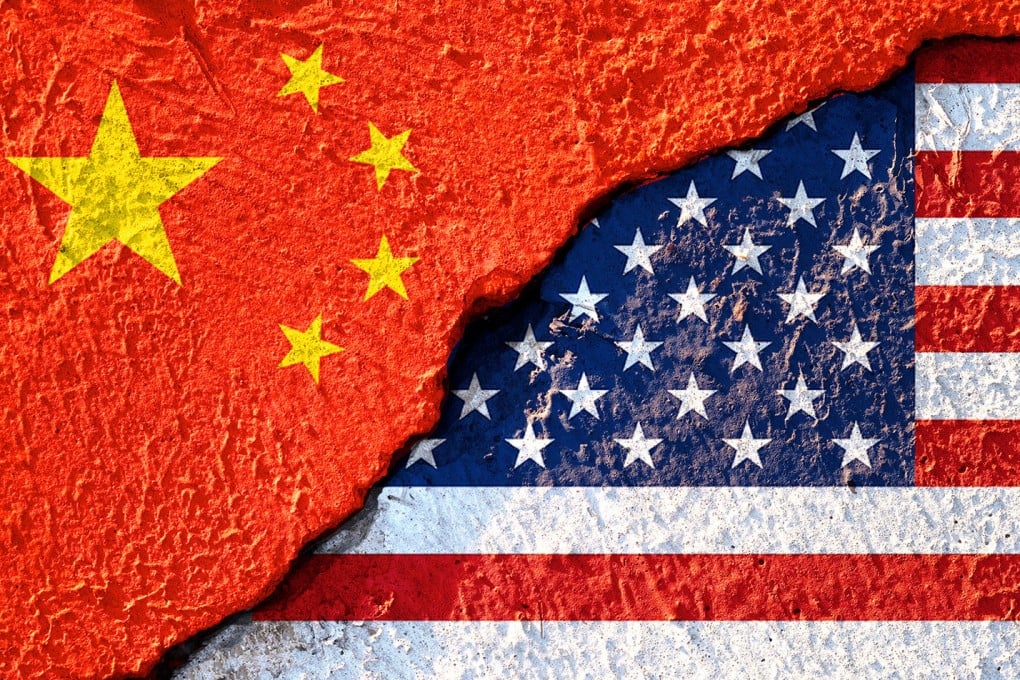Percentage of Americans with ‘very unfavourable’ view of China rises, Pew survey finds
- Tensions between Taiwan and mainland China are deemed a ‘very serious’ problem by the highest percentage of respondents in over a decade
- Younger Americans and Democrats are found to be more open to cooperation between the US and China

A political divide in the US over China again surfaced in the latest survey by the Pew Research Centre, which also showed that Americans’ perception of the country continues to be overwhelmingly negative.
The report, which was released on Wednesday, found that Democrats and younger Americans were more open to cooperation between the US and China. Democrats were also more likely to consider China a “competitor” rather than an “enemy” compared to Republicans – though the proportion viewing China as the latter has grown in both parties.
Eighty-three per cent of Americans in the March poll said they had unfavourable views of China, almost identical to last March’s figure of 82 per cent. There was also a 4 percentage point increase in people with a “very unfavourable” view compared with last year – at 44 per cent, it was the highest recorded since at least 2005.
Overall, those who saw China as an “enemy”, rather than a “partner” or “competitor”, also increased, to 38 per cent – a 13 percentage point jump from March 2022 and the highest level in the past three years. Still, most of those polled – 52 per cent – characterised China as a “competitor”, as in the past three years.
